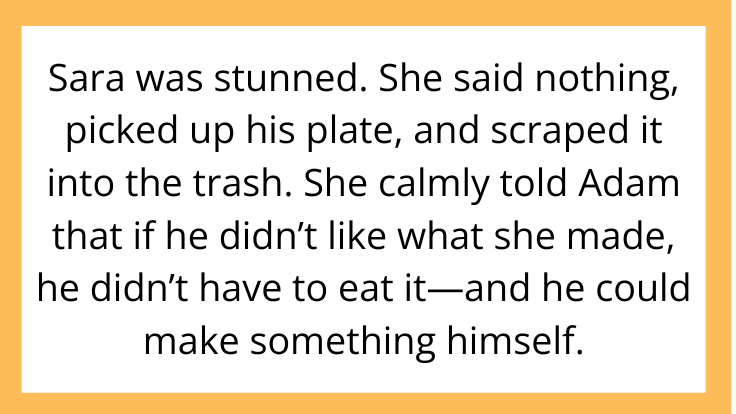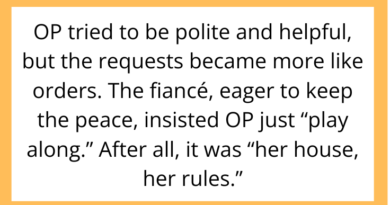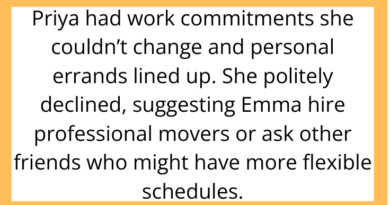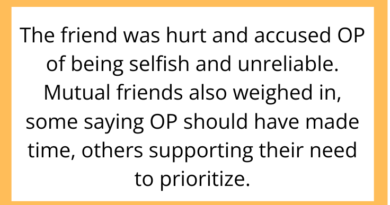AITAH for Not Letting My Husband Eat the Dinner I Cooked After He Insulted It?
Dinner time in most homes is a moment of connection—unless it turns into a battleground. In this AITAH-inspired blog post, a home-cooked meal becomes the spark for a deeper issue in a marriage: respect.
Is refusing to serve someone dinner after they criticize it petty or perfectly justified? Let’s explore.
The Story: A Dinner Gone Cold
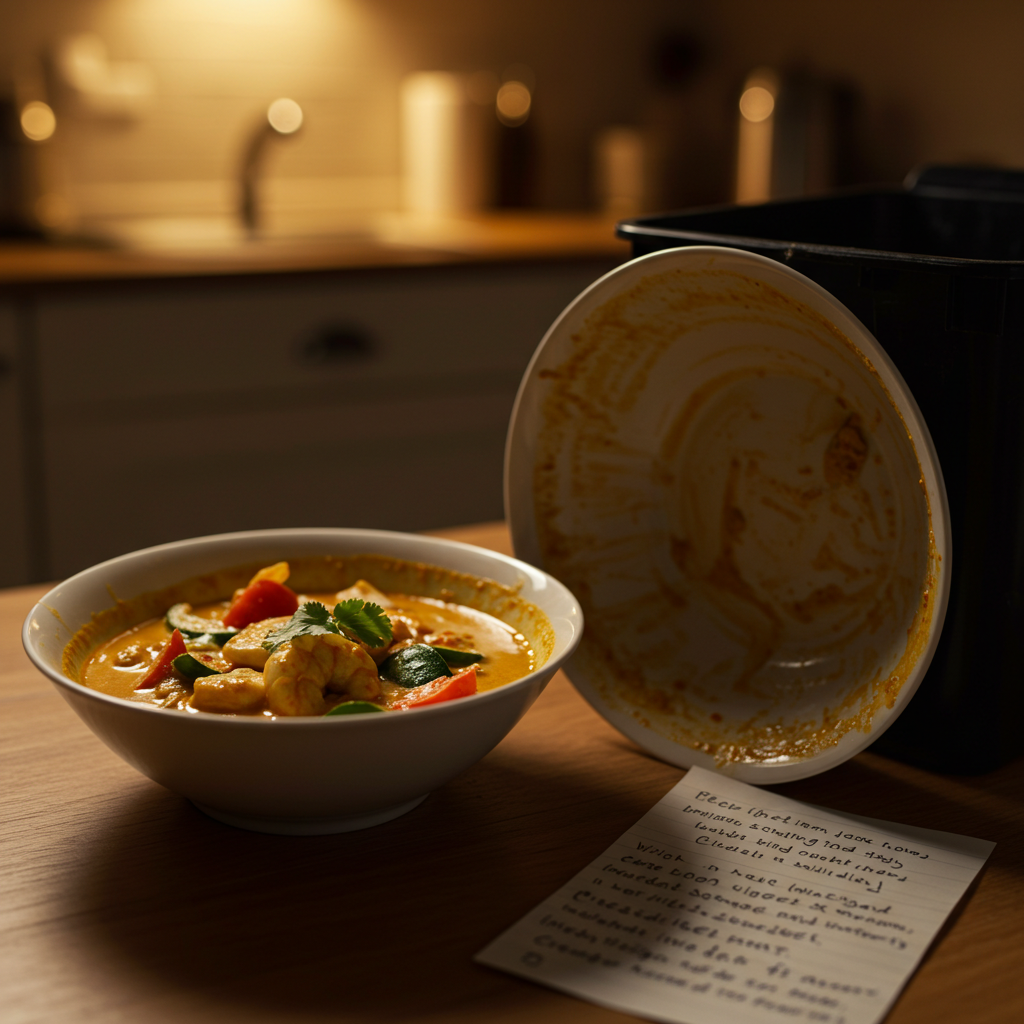
A woman—let’s call her Sara—turned to Reddit’s r/AITAH community to share her recent experience that left her hurt, confused, and second-guessing her response.
Sara is 34, married to Adam, 37. She works full-time and still manages most of the household cooking. On a particularly busy weekday, she spent over an hour preparing a homemade Thai curry—a dish Adam had requested.
When he sat down, Adam took one bite and immediately said, “This smells weird. Couldn’t you have made something normal?”
Sara was stunned. She said nothing, picked up his plate, and scraped it into the trash. She calmly told Adam that if he didn’t like what she made, he didn’t have to eat it—and he could make something himself.
Adam exploded. He accused her of overreacting, disrespecting him in his own house, and acting like a child. Now Sara wonders: AITAH for not letting him eat dinner after his insult?
The Arguments: Hurt Feelings or Harsh Boundaries?

Sara’s Side: Respect the Effort
Cooking isn’t just about food—it’s a gesture of care. Sara took time after a full day of work to make a meal her husband asked for. When she was met with immediate criticism, she felt unappreciated and disrespected.
To her, throwing the food away wasn’t an act of spite. It was a boundary. She wasn’t going to serve someone who dismissed her effort without a second thought.
Adam’s Side: It’s Just an Opinion
Adam claimed he was just being honest. He didn’t like the smell, and he had a right to express that. In his eyes, Sara’s reaction was immature and disproportionate. He felt like he was being punished for not liking a dish—not for how he said it.
To Adam, the issue wasn’t the comment—it was that Sara escalated things by throwing away the food.
Reddit Reacts: Is It About the Food or the Respect?

The majority of Redditors backed Sara.
“She’s not his personal chef,” one top comment read. “If he doesn’t like the food, he can make his own. That’s adulthood.”
Many pointed out that Adam could’ve simply said, “This isn’t really my taste, but thank you for cooking.” Instead, he chose to be dismissive.
Still, a few commenters questioned whether Sara’s reaction was productive. “You could’ve just told him to eat something else without throwing it away,” one user noted.
The general consensus: Sara was not the villain, but both partners could benefit from better communication.
The Real Issue: Communication Breakdown
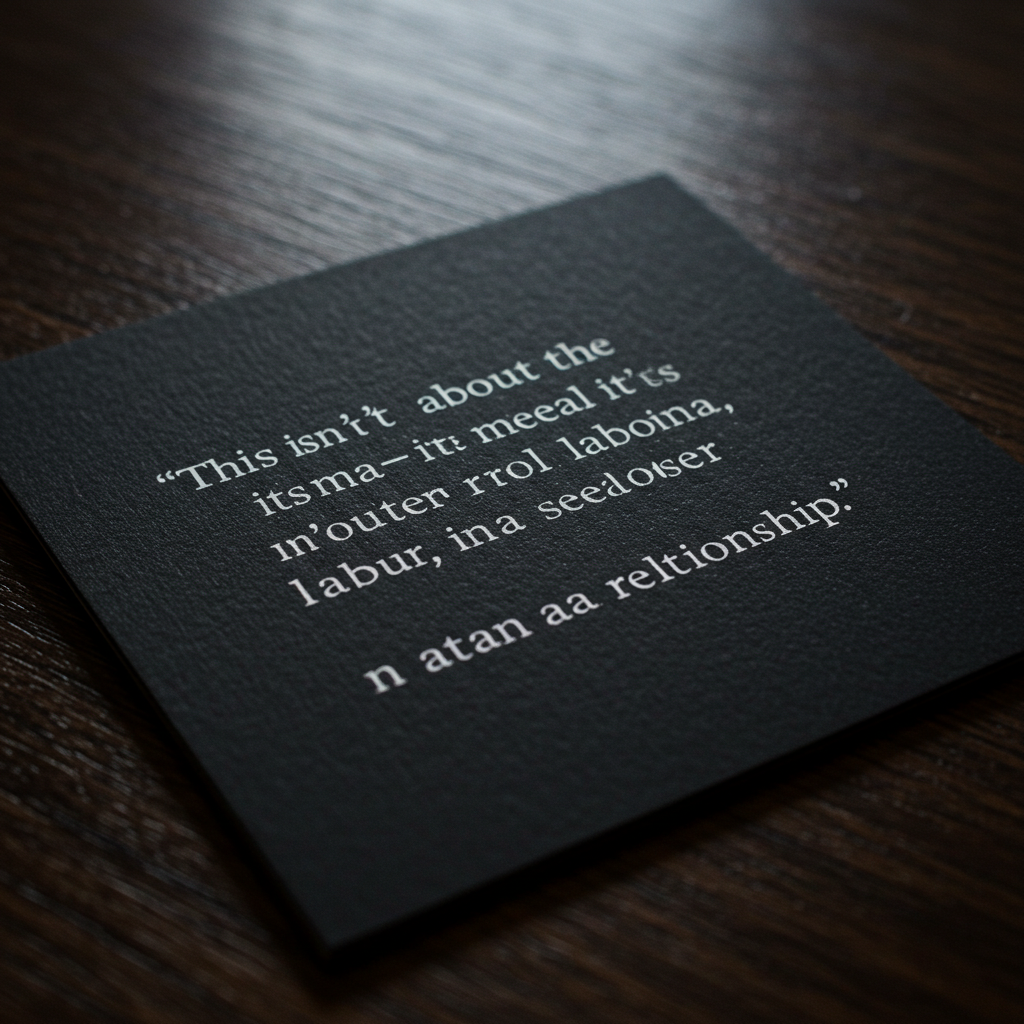
This situation isn’t just about curry. It’s about emotional labor, mutual respect, and how couples navigate moments of disappointment or disagreement.
When one partner consistently takes on household responsibilities—especially without thanks—it can build quiet resentment. And when appreciation is replaced with criticism, that resentment can boil over.
Throwing food away might seem dramatic, but it was likely the result of weeks (or years) of feeling underappreciated.
Why This Strikes a Chord
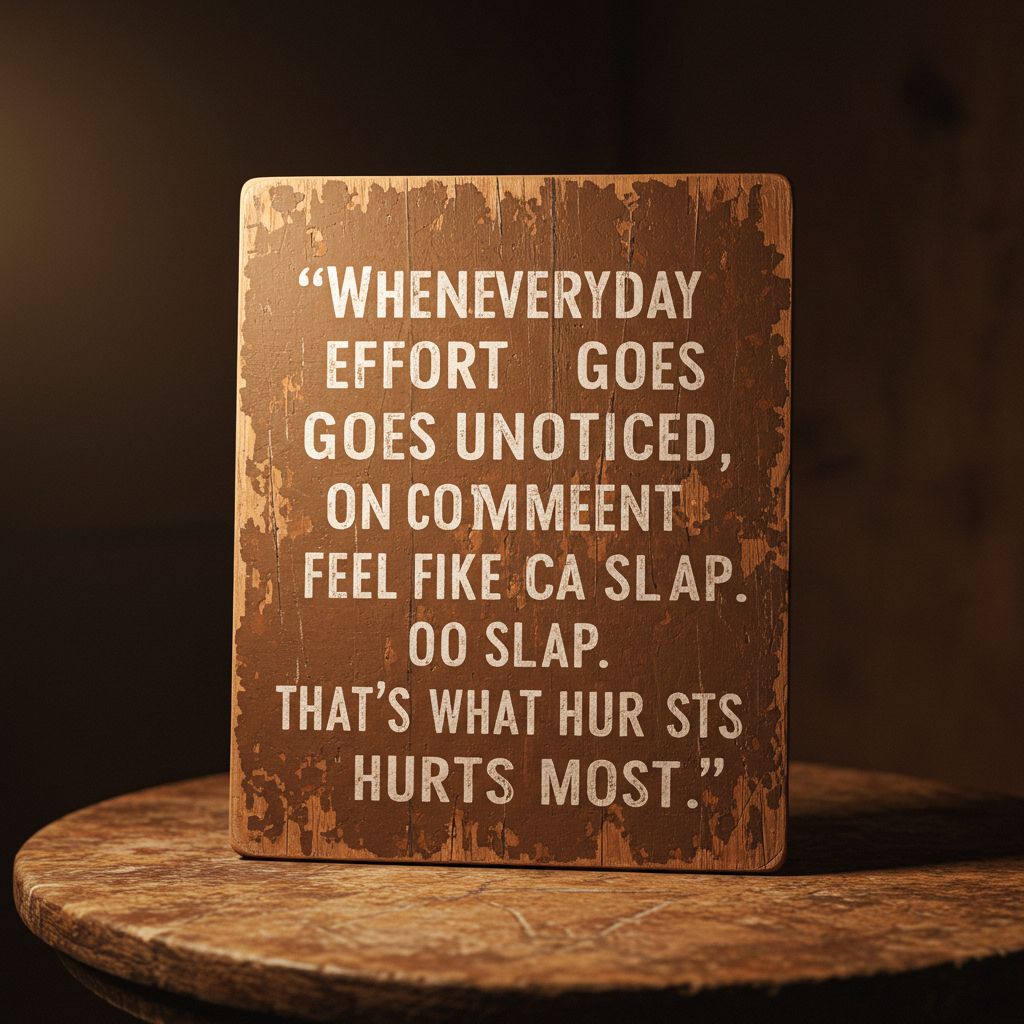
AITAH stories like this resonate because they expose the everyday ways people feel dismissed in their relationships. It’s not about a single meal—it’s about patterns.
Many commenters pointed out that if this was a one-time event, it could be chalked up to a bad mood. But if Adam regularly criticizes without helping, the deeper issue might be a lack of partnership.
What Could They Have Done Differently?
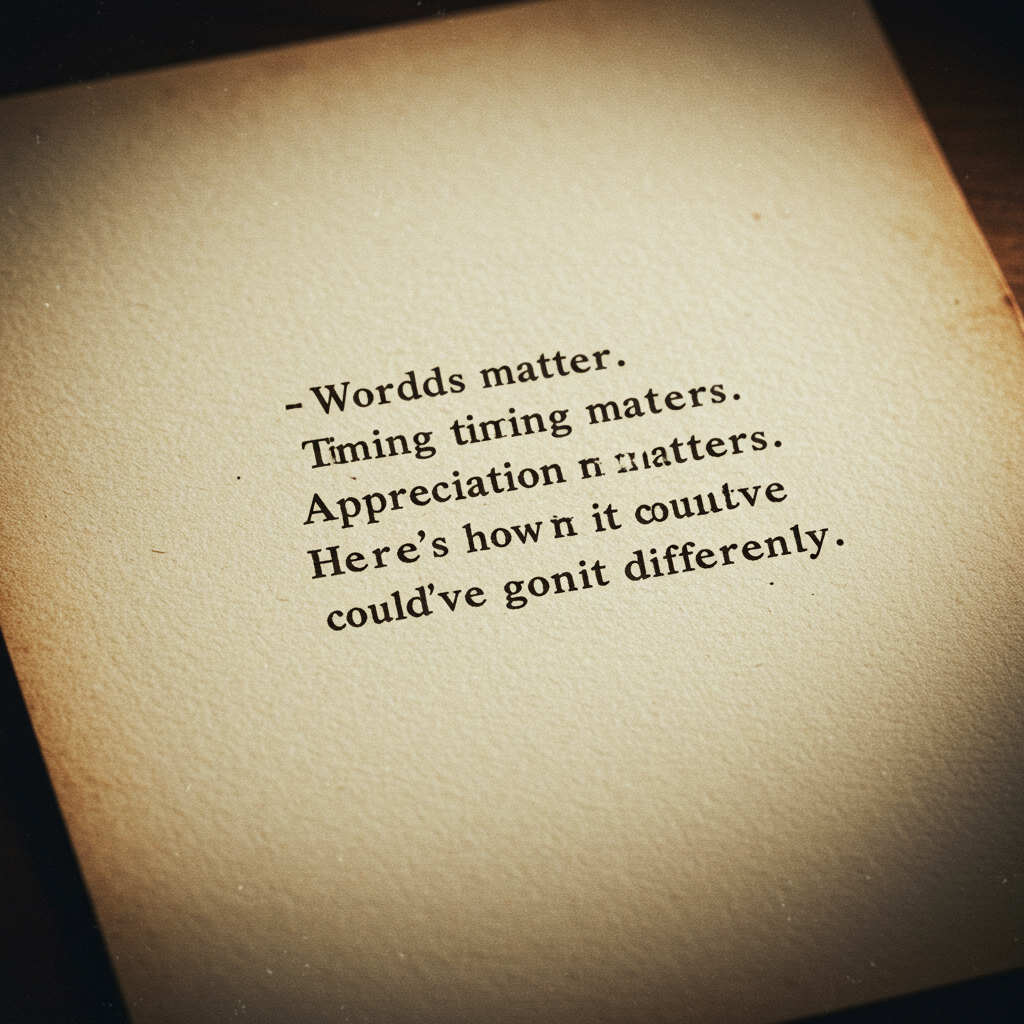
Sara:
-
Could’ve said, “If you don’t want to eat it, that’s fine—but please speak more respectfully.”
-
Might have avoided escalating by offering him leftovers or letting him figure it out.
Adam:
-
Should’ve acknowledged the effort before making any comment.
-
Could’ve chosen his words with care: “Thanks for cooking. This smells a bit different from what I expected—what’s in it?”
The Verdict: Not the Villain, But Time for a Talk
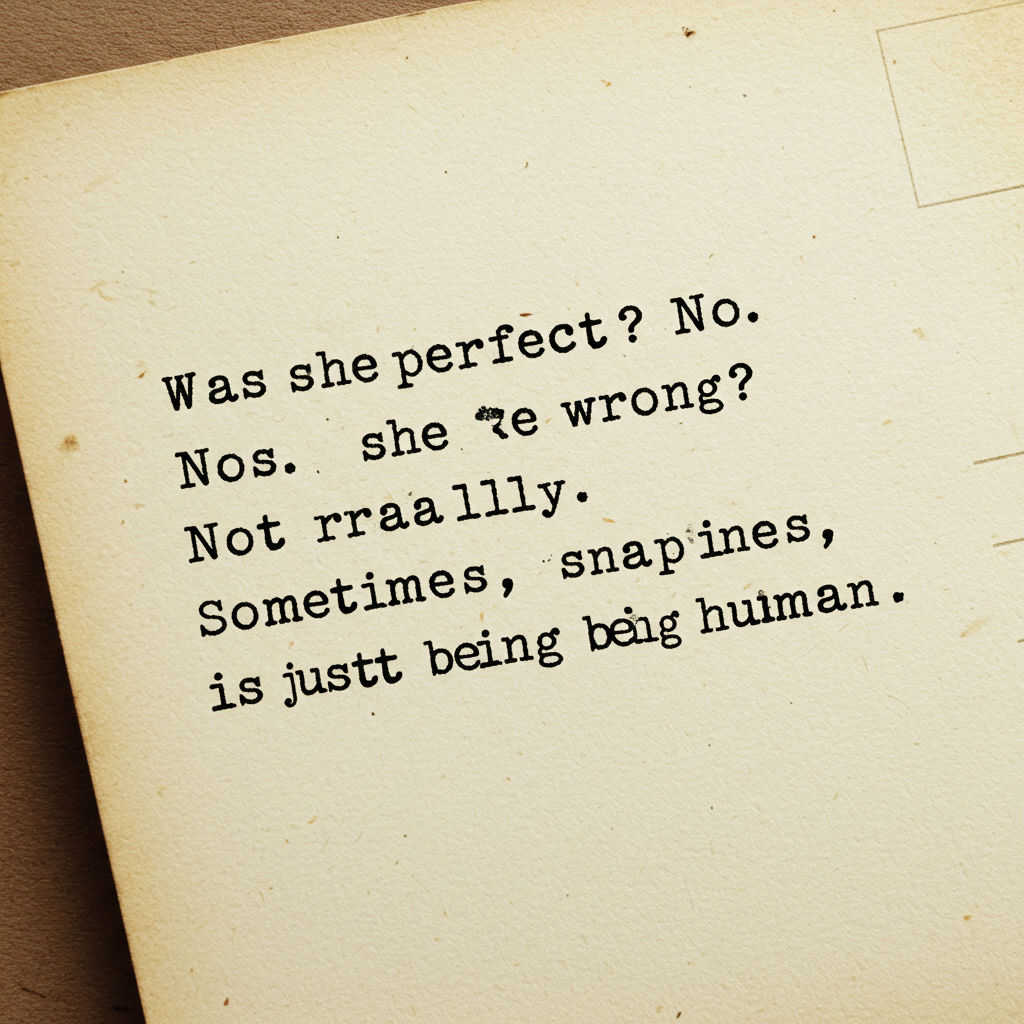
Sara’s reaction wasn’t ideal—but it was human. She was hurt. She acted in the moment. That doesn’t make her a villain.
If anything, this story is a reminder that every relationship needs appreciation, especially for everyday acts like cooking. No one wants to feel like their efforts are invisible.
